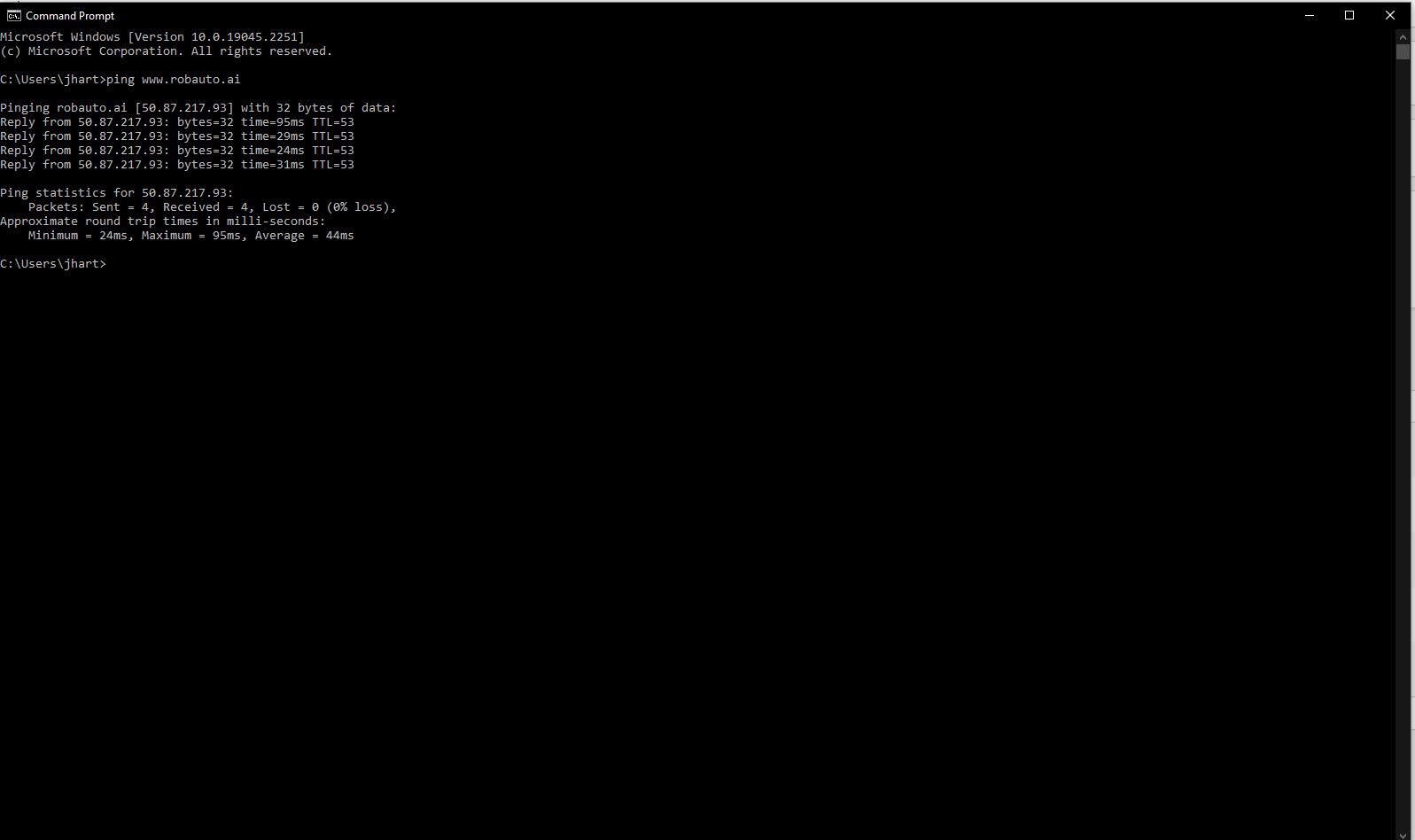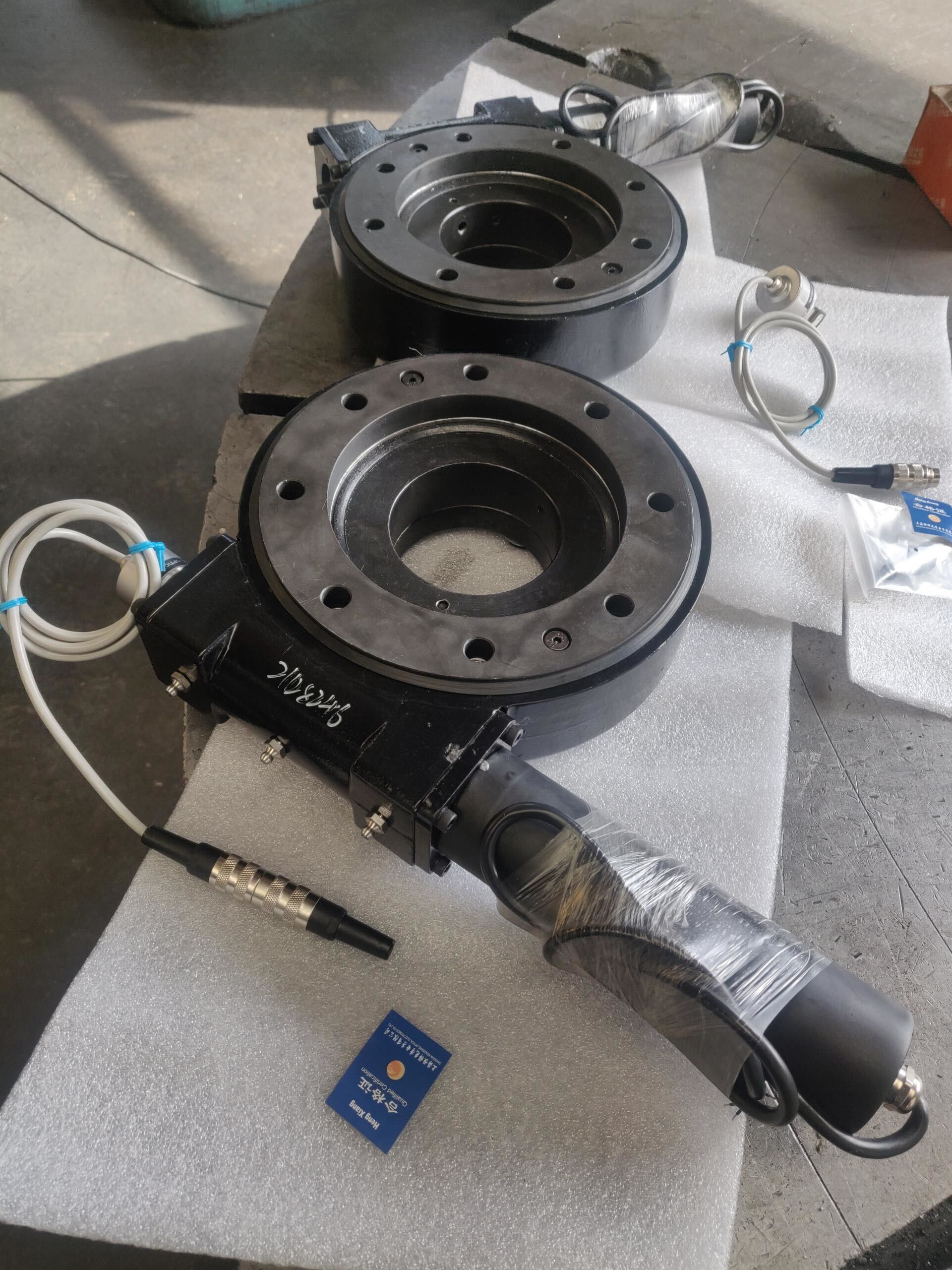Trending
Catogery Tags
a.i. AEO AGI AI Arduino artificial intelligence automation BiBli BiBli OS Business Intelligence Caleb Eastman Cellular ChatGPT Cleaning Coding Music Colorado Data Deep Learning Elon Musk Google hacking Hinton How to HVOB Innovation IoT Jalali Hartman Lex Fridman Machine Learning Microsoft NVIDIA OpenAI Raspberry Pi ROBAUTO Robauto.ai Robotics Robots Sam Altman Search SEO Signals Space TESLA Trump Who Is
-
Who is Lex Fridman
Lex Fridman is a Russian-American AI researcher, MIT professor, and podcast host… Know More
-

Peter Zeihan & The Geopolitics of Goods
If you can get past the “China Will Fall” sensational headline of… Know More
-

Fun Command Line Lessons for Beginner Programmers (Windows)
It’s an eye opening thing to understand how the command line works.… Know More
-
The Concept of a Tugboat Computer by Caleb Eastman
Caleb Eastman is a friend and colleague. His LinkedIn profile says he’s… Know More
-

7 Things Every Future Engineer Needs to Know
1. “Why am I even doing this?” Help solve world’s challenges Live… Know More







